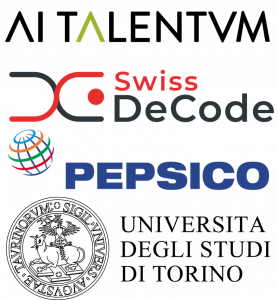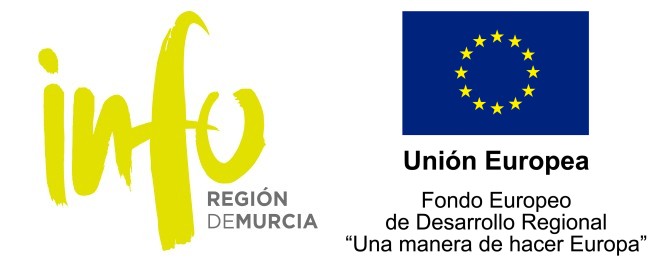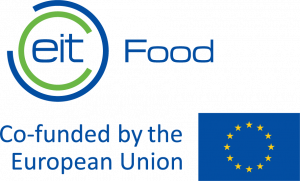19
Nov 2020
VITAL: Validation of Innovative Tools to Assess and to improve microbioLogical safety in the food chain
Conventional microbiological testing takes time to get results. This impacts the supply chain, causing delays to get to market whilst results come back on finished but not shipped goods. Rapid methods solve this problem, but they need to be proven to work as well as the standard microbiological methods that they replace. Proving these rapid methods work just as well, requires them to be tested in multiple food matrices. This is time-consuming, expensive and slows down adoption. But AI can solve this problem. This has been the focus of the VITAL project, where AI Talentum has developed an AI algorithm comparing historical standard microbiological tests against the rapid method tests, what will allow food companies to radically reduce the number of verifying tests they will need to do, to ensure the rapid method works in their food matrix of interest. Given that Salmonella spp. poses a severe threat to multiple food products this has been our target. The project has been carried out by a consortium of four partners (AI Talentum, University of Turin, Swissdecode and Pepsico) that have been working during 2020, and will be finished at the end of the year. VITAL project has been supported by EIT Food, the Europe’s leading food innovation initiative that works to make the food system more sustainable, healthy and trusted.
https://www.aitalentum.com/how-does-law-help-protect-people-from-counterfeit-medications/



